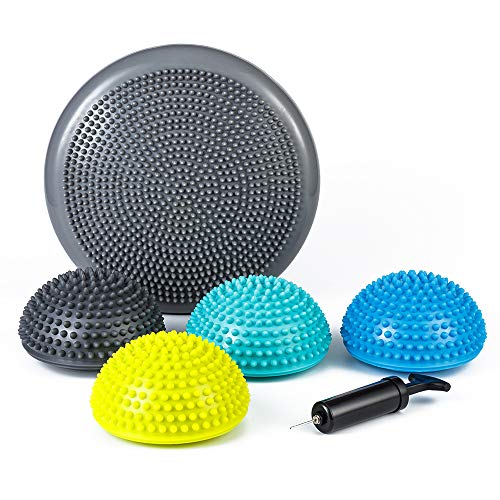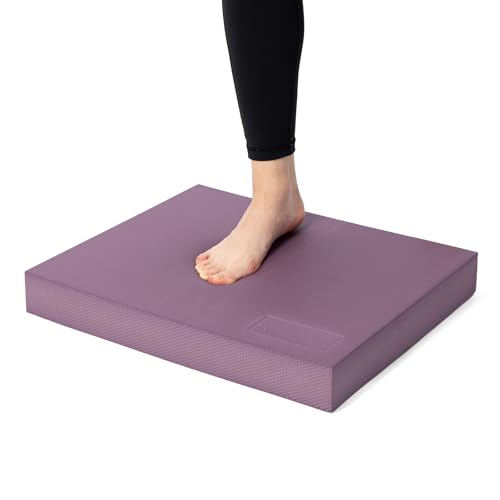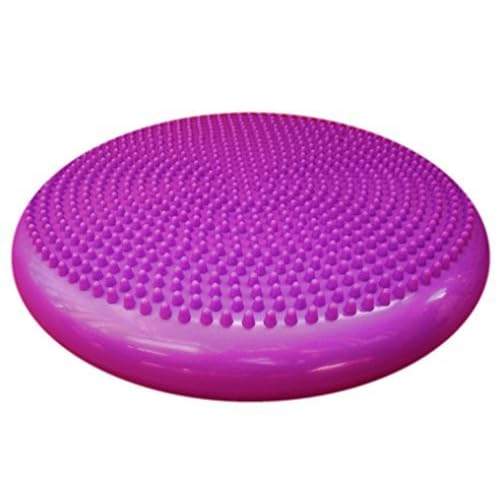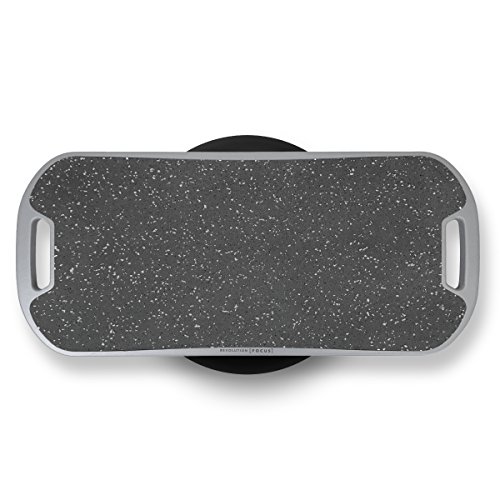
When it comes to cardio, have you ever wondered if the timing of your workout could make a significant difference in your results? The debate over the best time of day to do cardio has been ongoing, with various opinions and theories circulating. As you navigate through the different options and factors to consider, you might find yourself intrigued by the potential impact of timing on your fitness journey. But before you make a decision, let’s delve into the science behind the optimal time for cardio and uncover the secrets that could elevate your workouts to the next level.
Benefits of Morning Cardio
When you engage in morning cardio, your metabolism receives a significant boost to kickstart your day. By starting your morning with a workout, you’re jumpstarting your metabolism, helping your body burn more calories throughout the day. This increased metabolic rate can aid in weight loss and weight management over time. Additionally, morning cardio can enhance your mental clarity and focus, setting a positive tone for the rest of your day.
Furthermore, exercising in the morning can help regulate your appetite. After your workout, you may find that you make healthier food choices throughout the day. This can be particularly beneficial if you’re trying to maintain a balanced diet or lose weight. Morning cardio also allows you to enjoy a sense of accomplishment early on, boosting your mood and energy levels. The consistency of a morning workout routine can lead to improved sleep patterns and overall well-being.
Afternoon Cardio: Pros and Cons
To maximize the benefits of your workout routine, exploring the advantages and disadvantages of afternoon cardio can offer valuable insights into optimizing your fitness regimen.
Afternoon cardio has its perks. Your body temperature is higher in the afternoon, potentially reducing the risk of injury. Plus, your muscles are more flexible, which may enhance performance and range of motion during exercise. Additionally, afternoon workouts can serve as a great stress reliever after a long day, helping you unwind and boost your mood.
However, there are some drawbacks to consider. Afternoon cardio might interfere with work or other commitments, making it harder to stick to a consistent schedule. Also, you may feel fatigued from the day’s activities, leading to decreased motivation and energy levels for your workout.
It’s essential to weigh these pros and cons to determine if afternoon cardio is the right fit for your lifestyle and fitness goals.
Evening Cardio for Maximum Results
For maximum results, incorporating evening cardio into your fitness routine can provide a boost to your overall health and wellness. Exercising in the evening can be particularly beneficial for those looking to improve their fitness levels or lose weight. During the evening, your body’s core temperature is higher than in the morning, which means your muscles are more flexible, making it an ideal time for cardio activities.
Additionally, engaging in cardio during the evening can help relieve stress and tension accumulated throughout the day, promoting better sleep quality.
Moreover, evening cardio can rev up your metabolism, potentially aiding in better calorie burn and fat loss. By scheduling your cardio sessions in the evening, you may also avoid the rush and time constraints of the morning hours, allowing you to focus better on your workout. Remember to listen to your body and choose a time that aligns with your schedule and preferences for consistency and long-term success.
Factors to Consider for Timing
Considering your daily schedule, it’s important to factor in various elements that can influence the timing of your cardio sessions. First and foremost, think about your energy levels throughout the day. If you’re a morning person bursting with vigor, a morning cardio session might be ideal for you. On the other hand, if you struggle to get moving in the morning but find a surge of energy in the evening, then consider scheduling your cardio for later in the day.
Another crucial factor to consider is your meal times. Working out too soon after a meal can lead to discomfort, while exercising on an empty stomach might leave you feeling lightheaded. Aim to do your cardio at least 1-2 hours after a light meal or snack to optimize your performance and prevent any digestive issues.
Furthermore, take into account your daily responsibilities and commitments. If your evenings are packed with activities, squeezing in a workout might be more feasible in the morning. Finding a time that aligns with your schedule will help you establish a consistent routine and make it easier to stick to your fitness goals.
Trending Products














